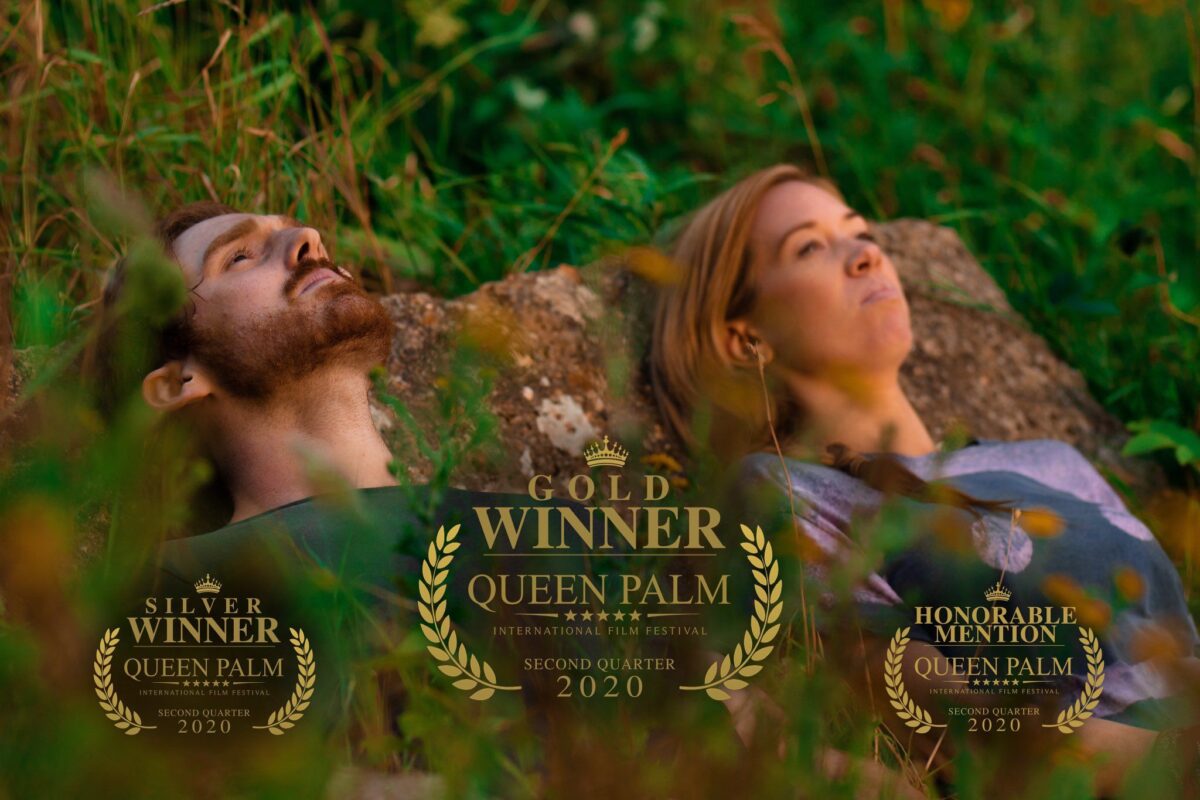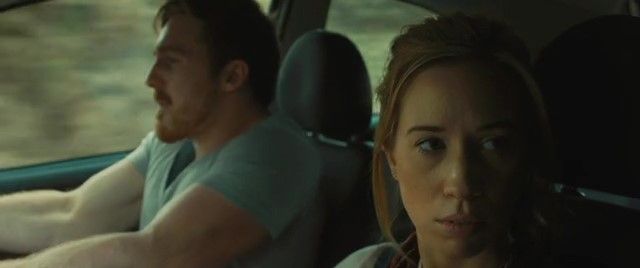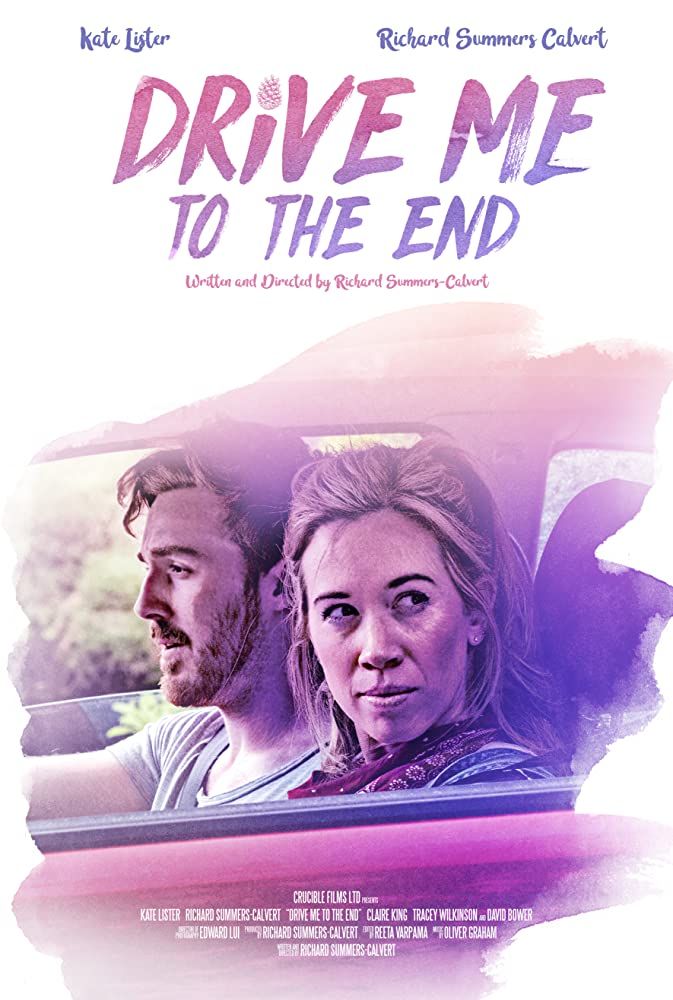A simple road trip for one becomes two – and at one point, a third, in the new acclaimed British indie film DRIVE ME TO THE END.
Writer-director Richard Summers-Calvert stars as Ryan Jackson who lives with his terminally-ill mother Louisa (Tracey Wilkinson) and is talked by her into taking a relative of the family, Sunny Raei (Kate Lister) to a funeral in the Highlands of Scotland.

Sunny suffers from autism and was involved in an accident recently that has driven her own parents (Claire King, David Bower) into being more than over-protective of her welfare, but finds that this could be a worthwhile action that should help her overcome some of her fears.
Related post: A Simple Wedding Review: A film that celebrates love in all forms
Ryan and Sunny discover pretty soon that they are complete opposites, but that Sunny proves to be a little more unpredictable despite her condition, which reveals itself in a very comical moment during the initial stage of the long two-day drive. Nearing their destination, they pick up a disabled person heading their way, who they call Jack, who happens to be deaf and in a wheelchair.

The road, as always, begins to unravel key secrets and elements of their personalities and becomes the inevitable voyage of emotional discovery…
Dustin Hoffman coined a performance about autism in his 1989 Oscar-winning role as Raymond Babbitt in RAIN MAN and DRIVE ME TO THE END highlights the condition once again in a heartfelt and heart-warming tale of two people who are drawn together through necessity and circumstance.

Thanks to the two lead performances from Summers-Calvert and Lister, the chemistry is there for all to see as they embark on a simple journey that is meant to get them without delay to their destination, but which turns out to be anything-but-straightforward.
I would hazard a guess that after this film, the term ‘mushroom stamp’ is going to form part of the vocabulary (see the film to understand what Sunny talks about). It is a movie that is designed to heighten awareness of disabilities and left-field conditions without trying to cater for the baser feelings of the audiences.

It’s the sort of film that the UK film industry thrived on back in the 1970s and 1980s, with a touch of Bill Forsyth’s comedies like GREGORY’S GIRL and COMFORT AND JOY given the Scottish setting, but it does have a lot of appeal and will certainly hit the right path with audiences as it continues its release platforms.





























